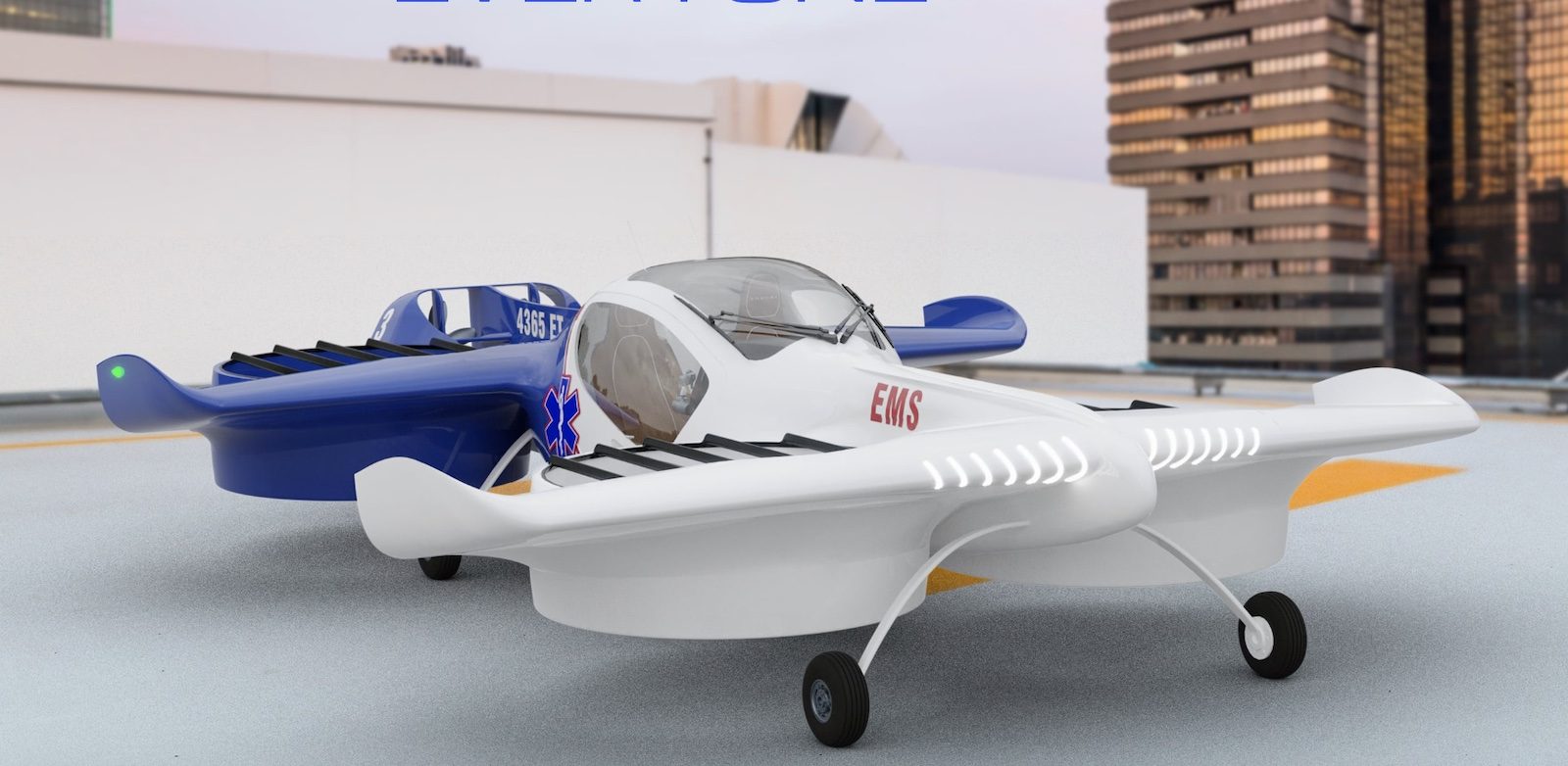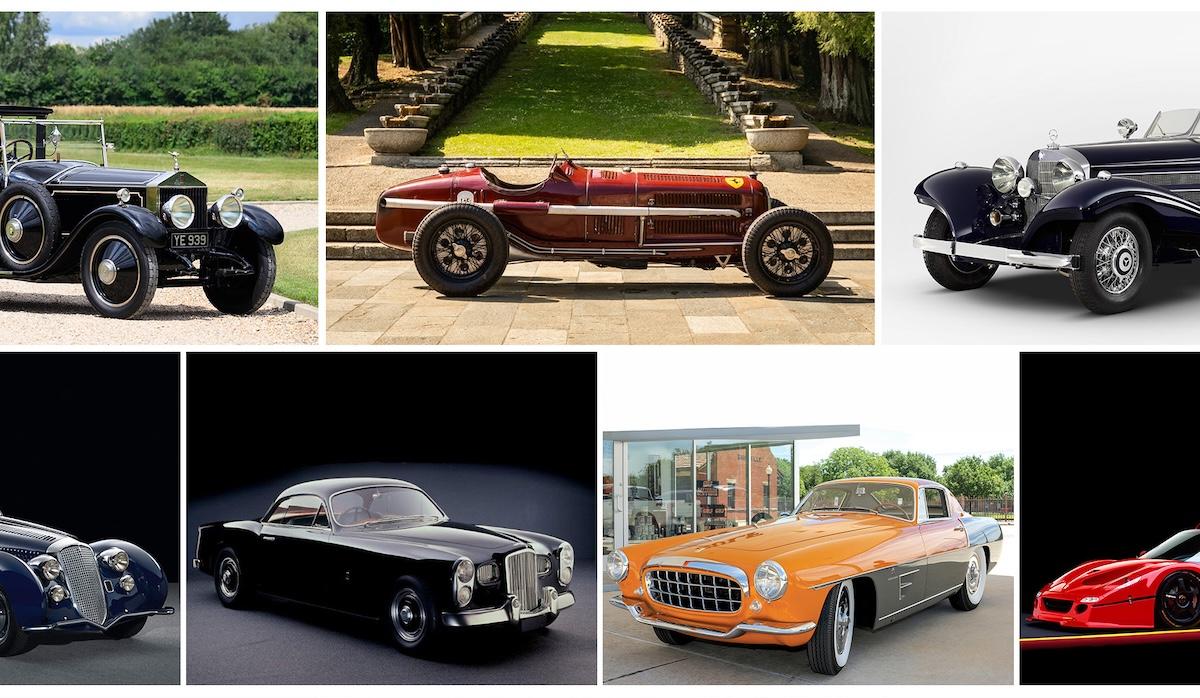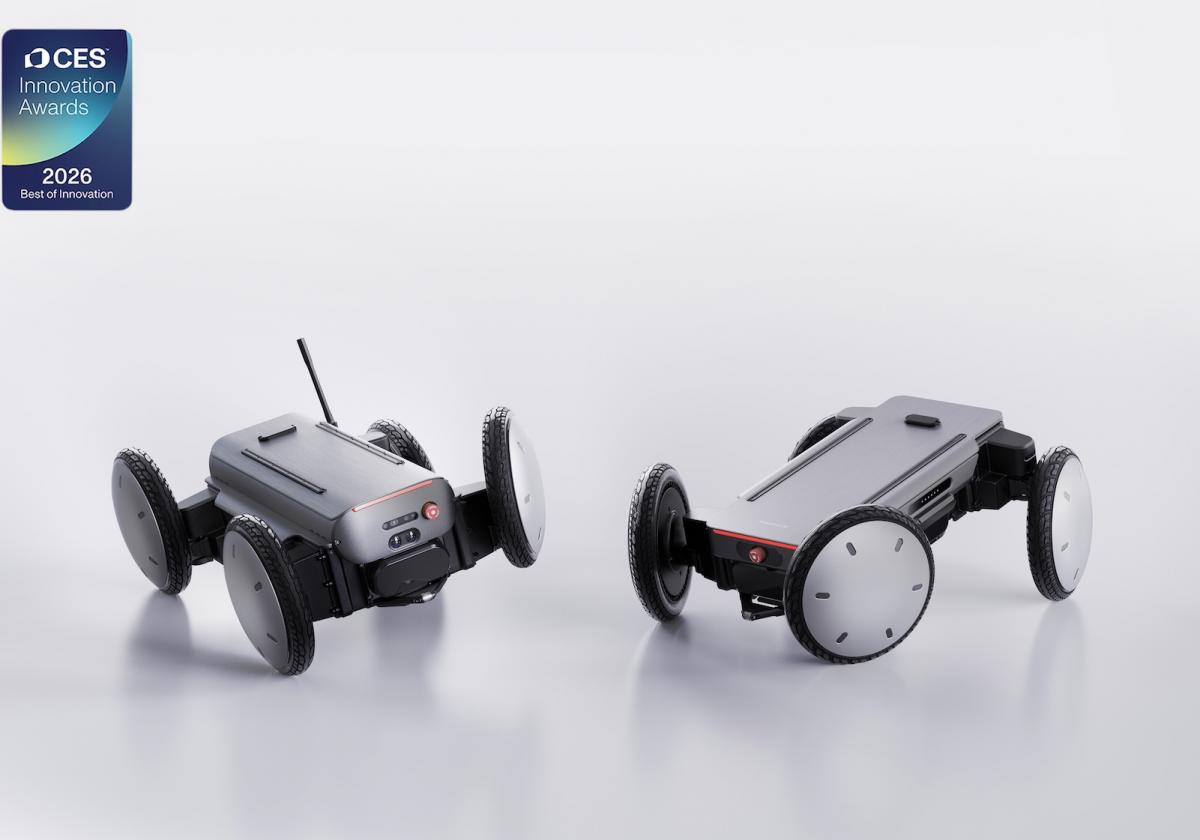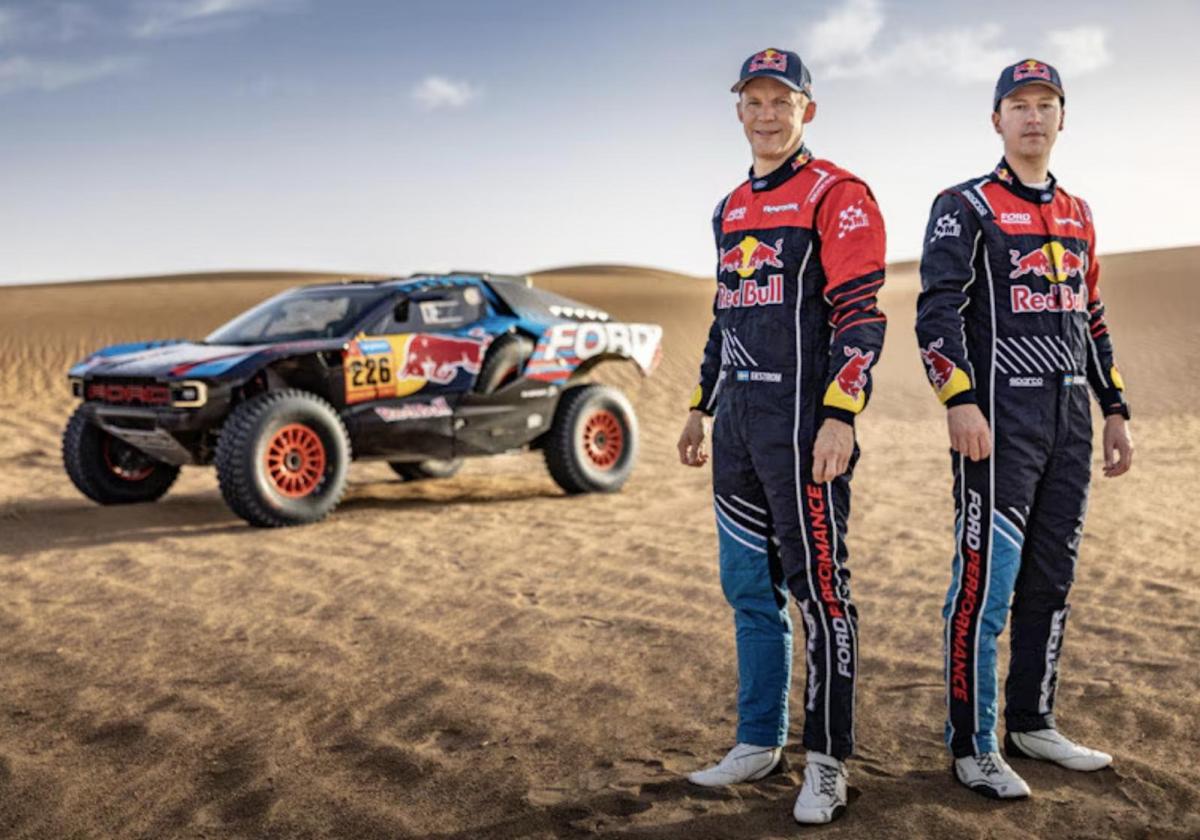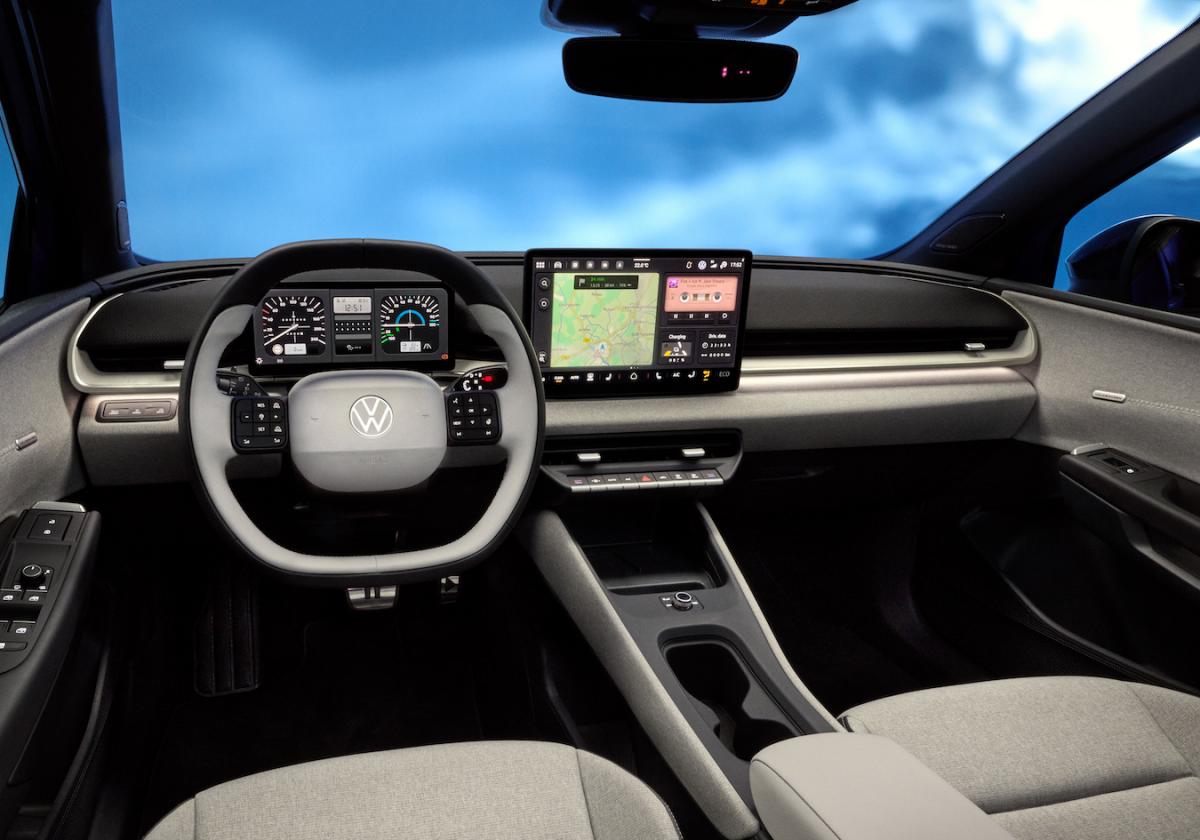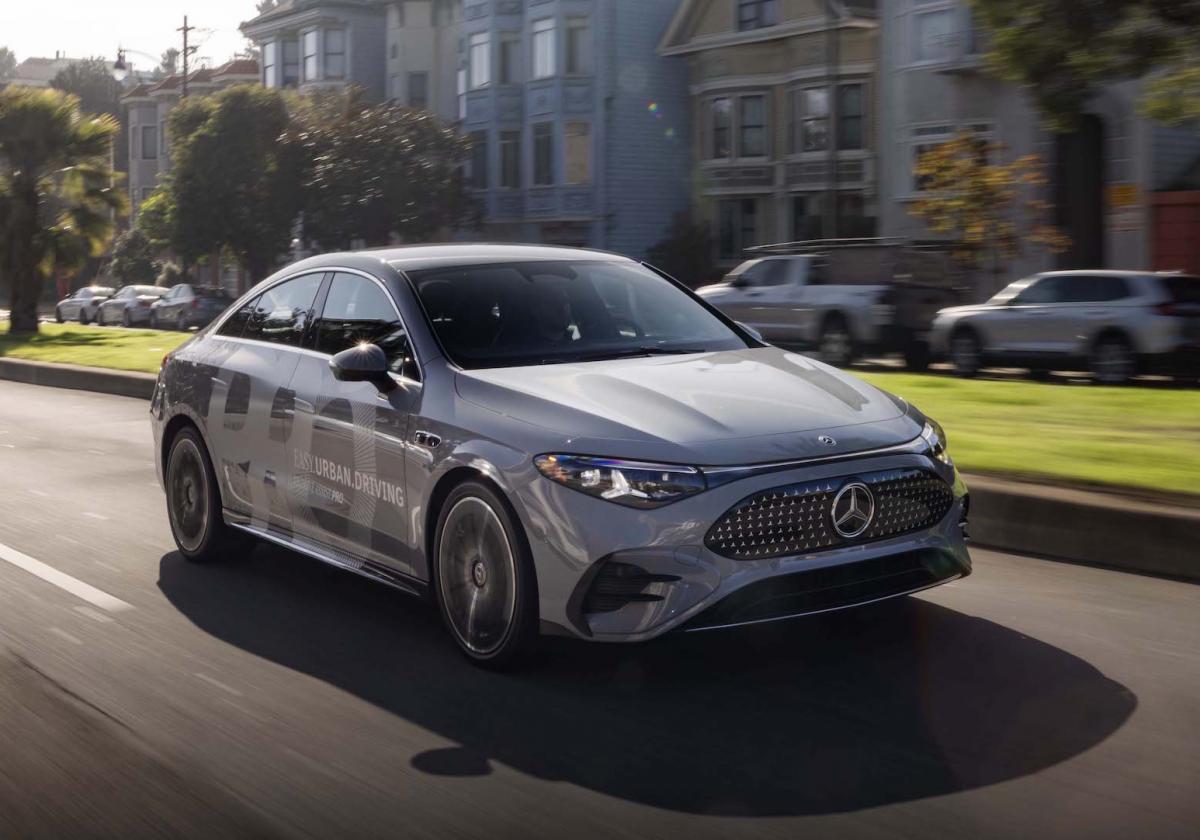When we hear of flying cars, many of us cannot but remember ‘The Jetsons’ animated TV series of the 1960s, or more recently, the flying Delorean from ‘Back To The Future.’
But now, in the mid-2020s, flying cars will actually materialize and take to our skies. Doroni Aerospace, located in Miami, said last week that the Doroni H1, an all-electric flying car, has received official FAA Airworthiness Certification. For many readers, the most exciting aspect of this car is that it can fit into your garage.
Doroni claims that it was the first US company to conduct manned flight tests with a two-seater electric car when its H1 took to the skies earlier this year.
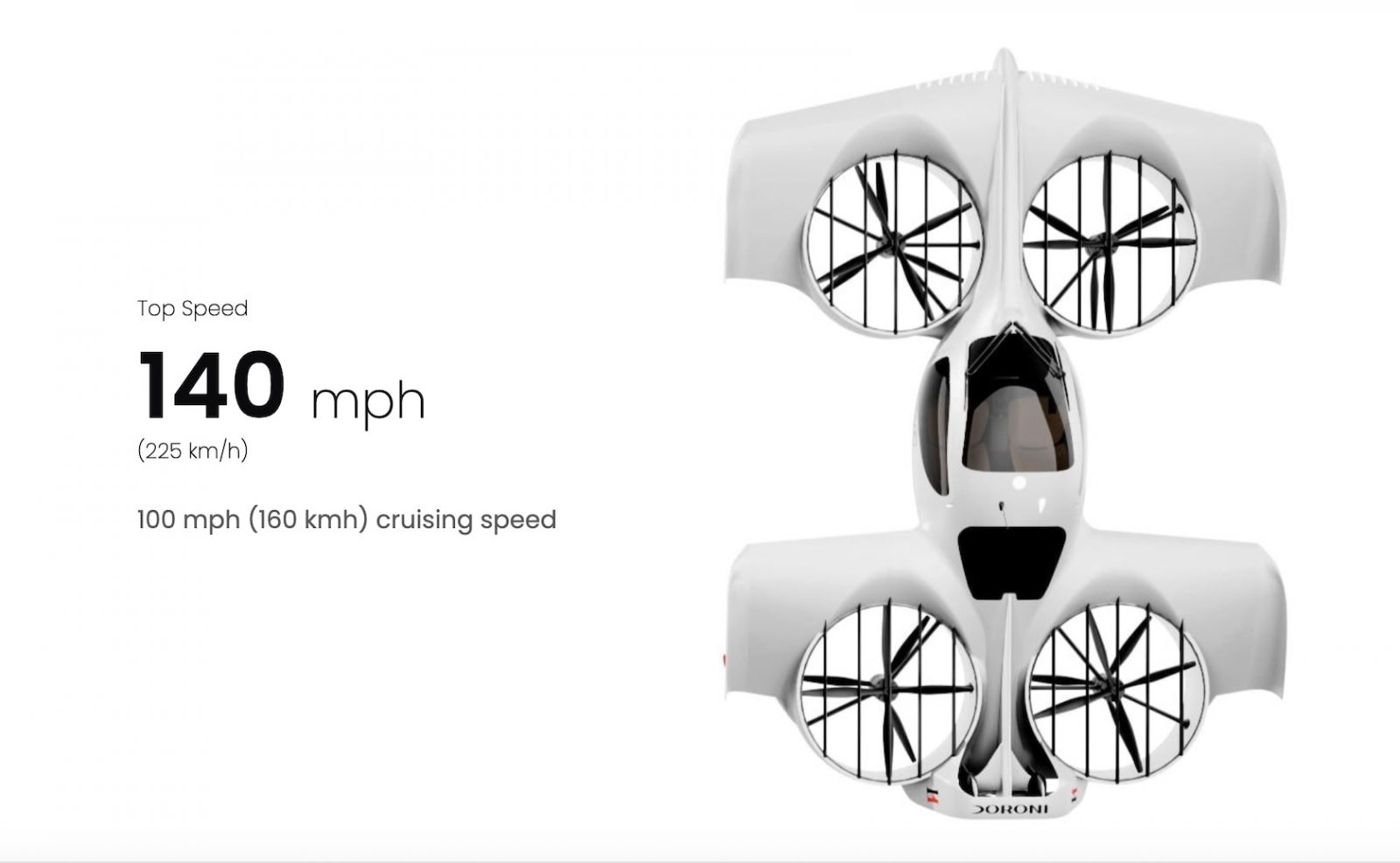
Last summer, company CEO Doron Merdinger took it upon himself to test the aircraft’s electric vertical takeoff and landing (eVTOL). “It’s not just a milestone for our company, but a leap forward for the entire field of personal air mobility,” said Merdinger upon gaining the flight certification.
He claims that “urban transport is poised to be redefined” by the electric flying car. Over 370 pre-orders have already been placed for Doroni’s aircraft as the firm completes its fundraising efforts.
Doroni claims that the flying car, which is propelled by ten independent propulsion systems, has a range of sixty miles and a top speed of 140 mph, with Merdinger stressing that the aircraft’s stability during flight is ensured by its distinctive design.
The H1 employs four ducts fitted with two e-motors and patented ducted propellers. Eight are for vertical flight with an additional “two pushes.”
The 23-foot-long and 14-foot-wide two-seater aircraft is made to fit within a two-car garage. Additionally, it has quick charging (20%–80%) in under 20 minutes.
Doroni’s flying car is semi-autonomous, with a controller stick allowing pilots to move sideways, backwards, or forwards.
Doroni explains that one of its clients is a doctor who wants to utilize the aircraft to avoid traffic on his way to work. However, as this is a flying car, the pilot will need to secure a special certification that requires at least 20 hours of training, 15 inside the aircraft, and another 5 solo.
The company says there are enough clear skies to fly everywhere, especially in suburban areas.
By 2025 or 2026, Doroni plans to build at least 120 to 125 units. The Miami-based business eventually wants to grow to be able to create 2,500 eVTOLs a year.
OUR THOUGHTS
It was only a matter of time before companies started acquiring certification from governments to take to the skies in flying cars. For my part, though, I can’t wait to see how the authorities are going to police these new flying cars. Will the police have flying ‘chase’ cars too? In fact, Doroni is the latest to receive its flight certification. Alef, who has 2,500 pre-orders already, says its Model A was the first flying car to get certified in June. The orders include 2,100 from individuals and 400 from businesses, including a California car dealership.

